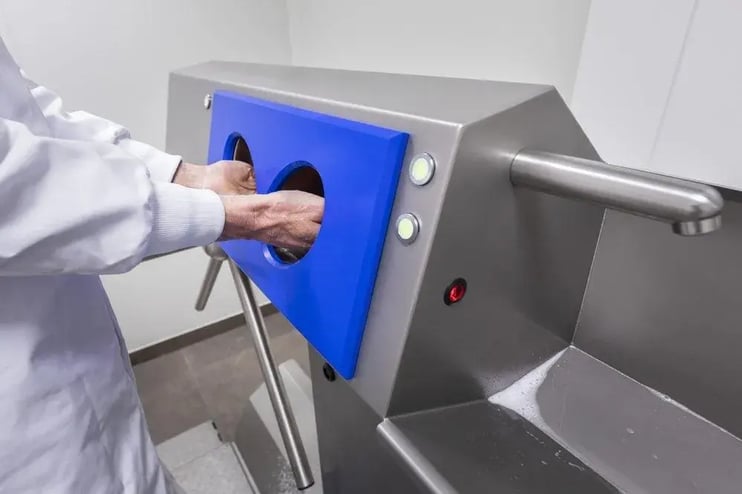IFS Food Version 8: The key changes summarized

IFS Food Version 8: The key changes summarized
1:58
IFS Food Version 8 introduces 7 significant changes that impact food production companies. The new standard, published on April 18, 2023, allows companies to conduct audits according to the new version starting from October 1, 2023, with a mandatory requirement to do so from January 1, 2024.
7 changes in IFS Food Version 8
- Stricter requirements regarding food safety culture, where companies must now establish minimum objectives for communication about food safety policy, training, feedback from employees regarding food safety, and measuring performance in this area.
- Adherence to customer agreements becomes an essential knock-out requirement, particularly for agreements related to recipes, process-technical agreements, monitoring plans, and agreements on packaging and labels.
- All topics in the standard must be addressed at least every 12 months during internal audits, with the option to conduct internal audits more frequently depending on the risk.
- Increased requirements for crisis management, where assigning responsibilities, training involved parties, and the communication plan have now become crucial elements.
- Adjustments to the basic conditions program according to the current version of the General Principles of Food Hygiene from the Codex Alimentarius of 2020.
- The IFS certificate now indicates with a star whether an audit took place unannounced, and there is the option to include origin disclosures as disclaimers on the certificate.
- The B-score is once again considered a deviation in the audit protocol, and the chapter structure of the standards is now more structured.
Checklist for personal hygiene
Would you like to know more about what measures you need to take in the field of personal hygiene to be able to qualify for a hygiene certificate? Then download our white paper 'Check-list Personal Hygiene'.
.webp)






